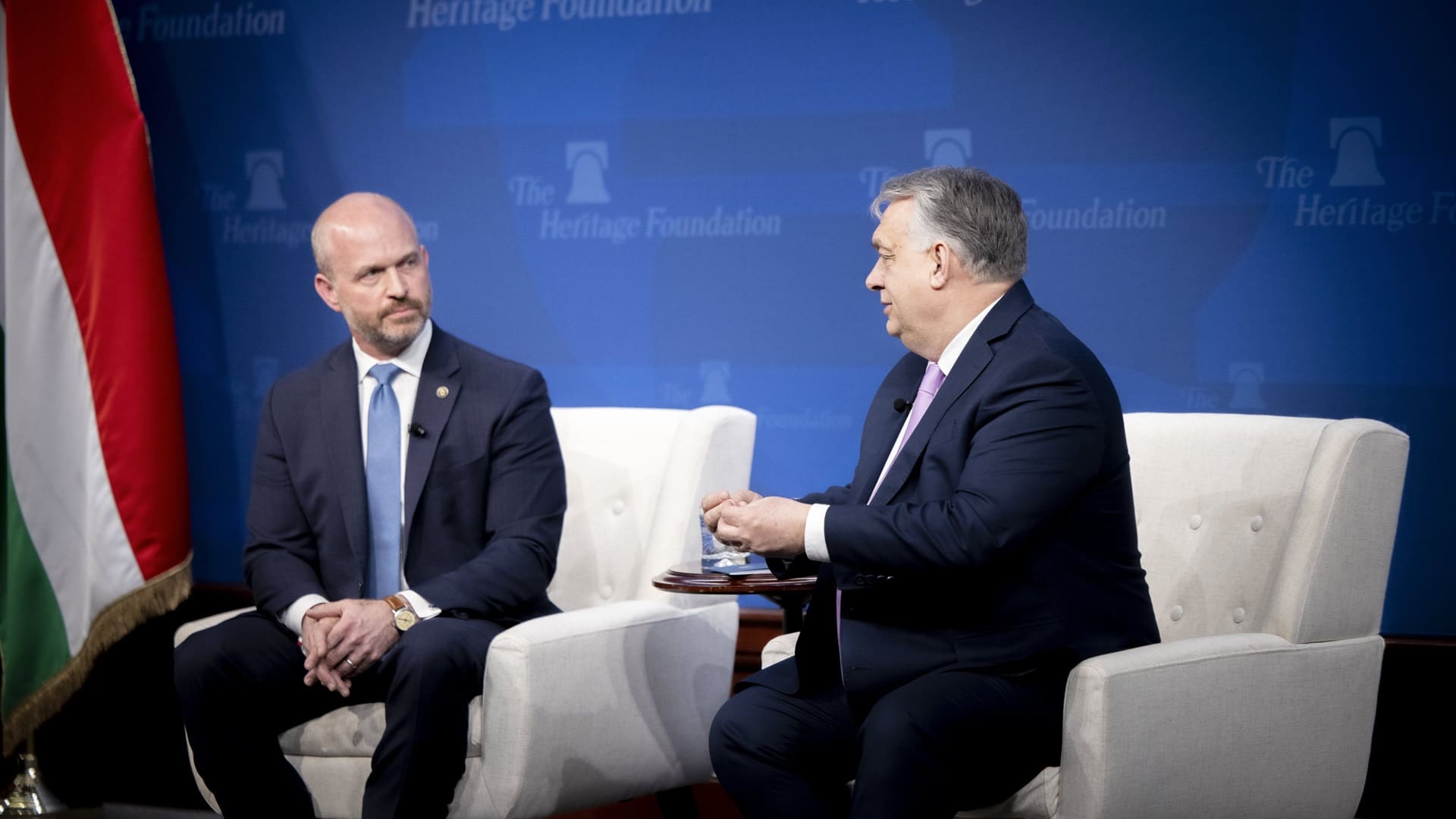
PM Orbán Takes Centre Stage at the Heritage Foundation’s Panel Discussion in Washington DC
The Prime Minister of Hungary talked about the need for a global movement ‘advocating for justice, tradition, families, and the people’ at the event.

The Prime Minister of Hungary talked about the need for a global movement ‘advocating for justice, tradition, families, and the people’ at the event.

‘With Donald Trump in the White House, the abusive relationship between Washington and Budapest will end. U.S. Ambassador David Pressman will be replaced by someone who actually understands the need for an ambassador to be diplomatic. And with the European Union having reduced itself to being a vassal of the Greater American Empire, Hungary will likely be able to count on support from Washington in its everlasting disputes with Brussels.’
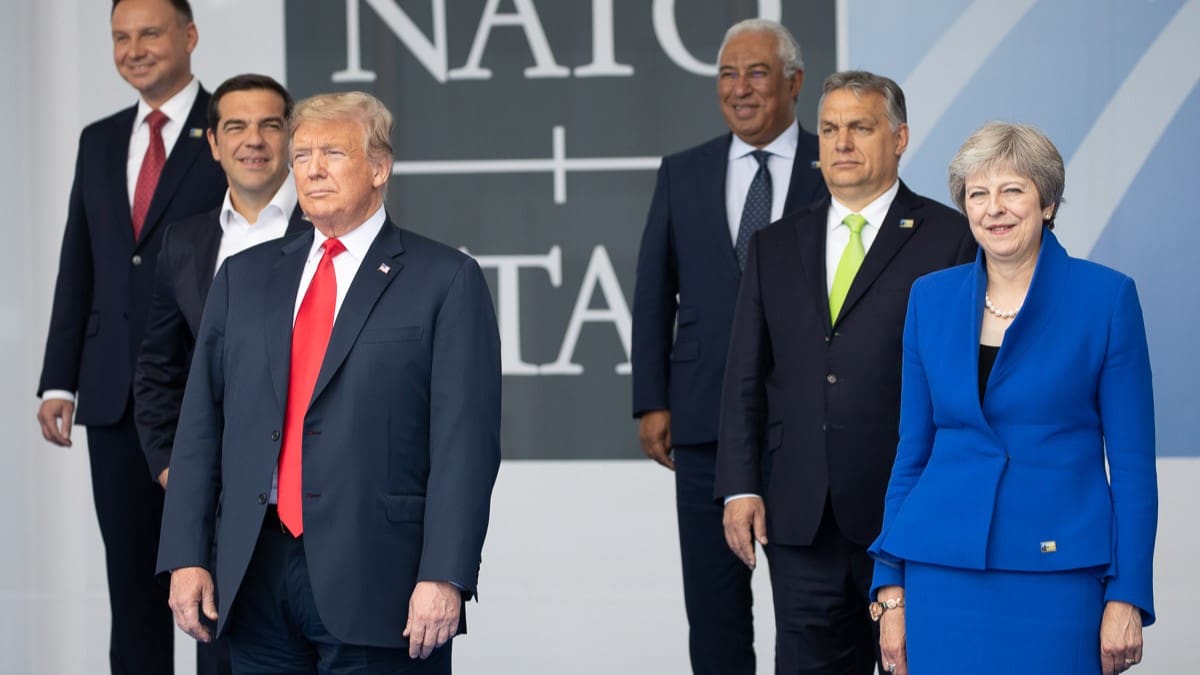
Former US President Donad Trump has been frequently speaking of Hungarian Prime Minister Viktor Orbán in complementary terms on the campaign trail lately. The two statesmen met once already: in May 2019, Trump hosted Orbán in the White House.

During his trip to the United States, Balázs Orbán was hosted by Tucker Carlson, which suggests that the latter may have an interview in the pipeline with the Hungarian Prime Minister’s political director. In addition to launching his latest book, Balázs Orbán travelled to the United States to prepare Viktor Orbán’s visit coming up this week.
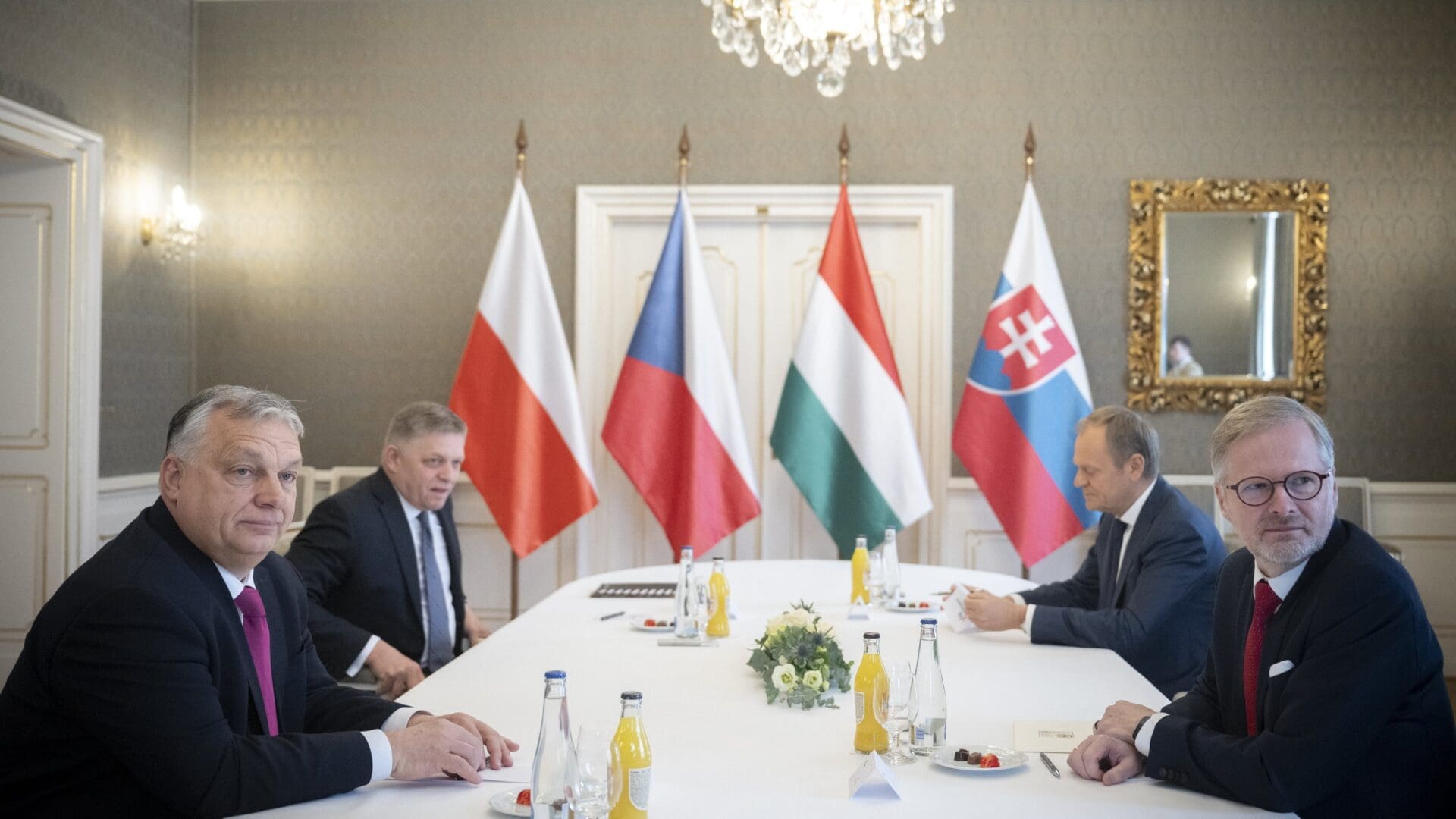
The V4 countries convened for a summit on 27 February, a gathering of paramount importance regarding the future trajectory of cooperation. The leaders of the allied states reached a unanimous agreement on the necessity to uphold cooperation in areas of common interests, notwithstanding differences of opinion.
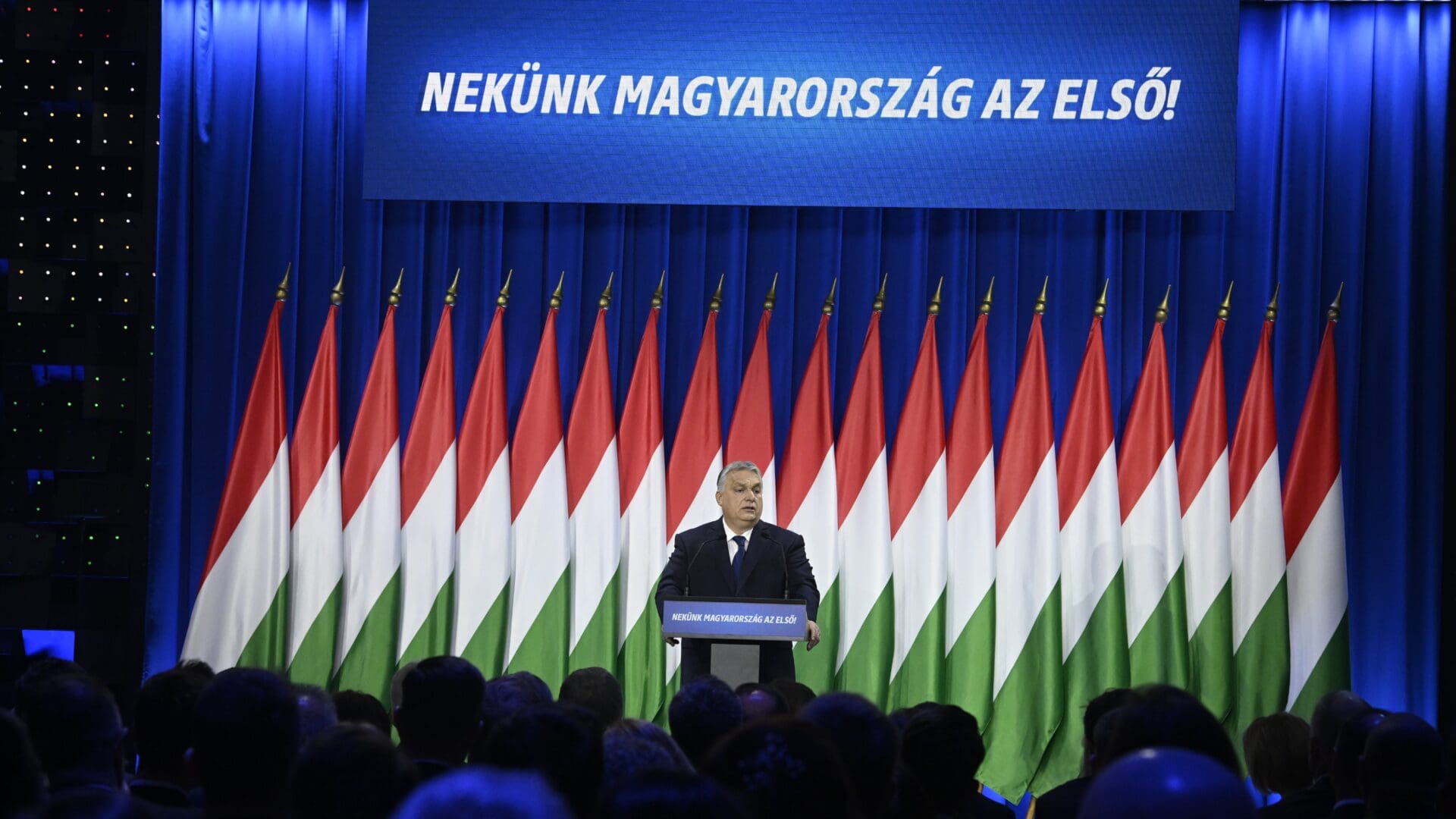
On Saturday, 17 February, Viktor Orbán delivered his 25th State of the Nation address, which was centred around topics such as the scandal surrounding President Katalin Novák, the reinforcement of the child protection system, Hungary’s relationship with the European Union, and the forthcoming EU and US elections.

The Prime Minister’s political director Balázs Orbán held a book launch at the Ludovika University of Public Service in Budapest. The new book, now also available in English, looks at the changing geopolitical world order as well as Hungary’s role and place in it.
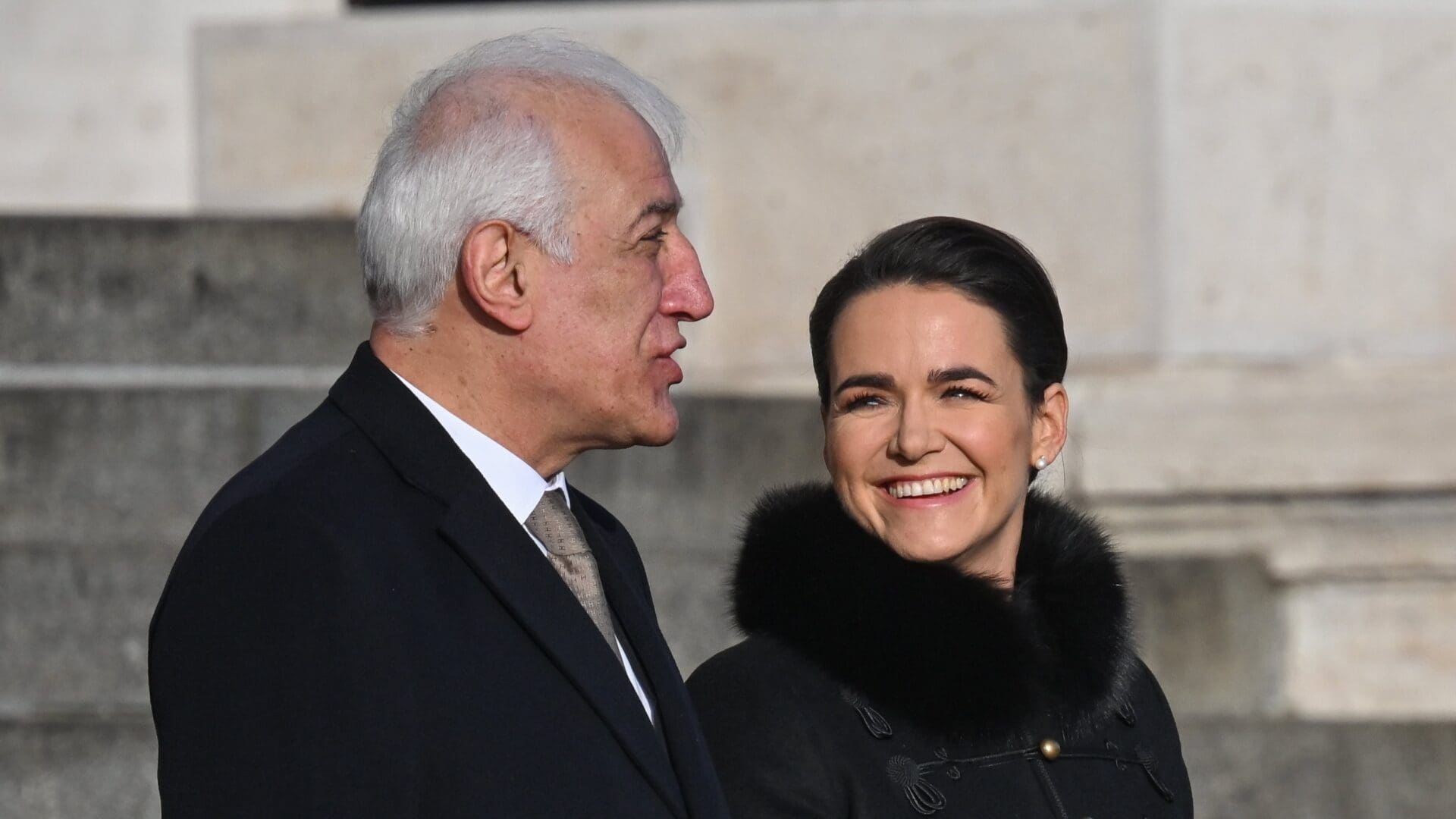
President Novák emphasized that this is Vahagn Khachaturyan’s first official presidential visit to Hungary. She said their discussions covered various topics including peace in the world, Hungarian humanitarian assistance to Armenia, demographic challenges, the importance of bilateral relations, the situation of minorities, and Armenia’s European perspective.
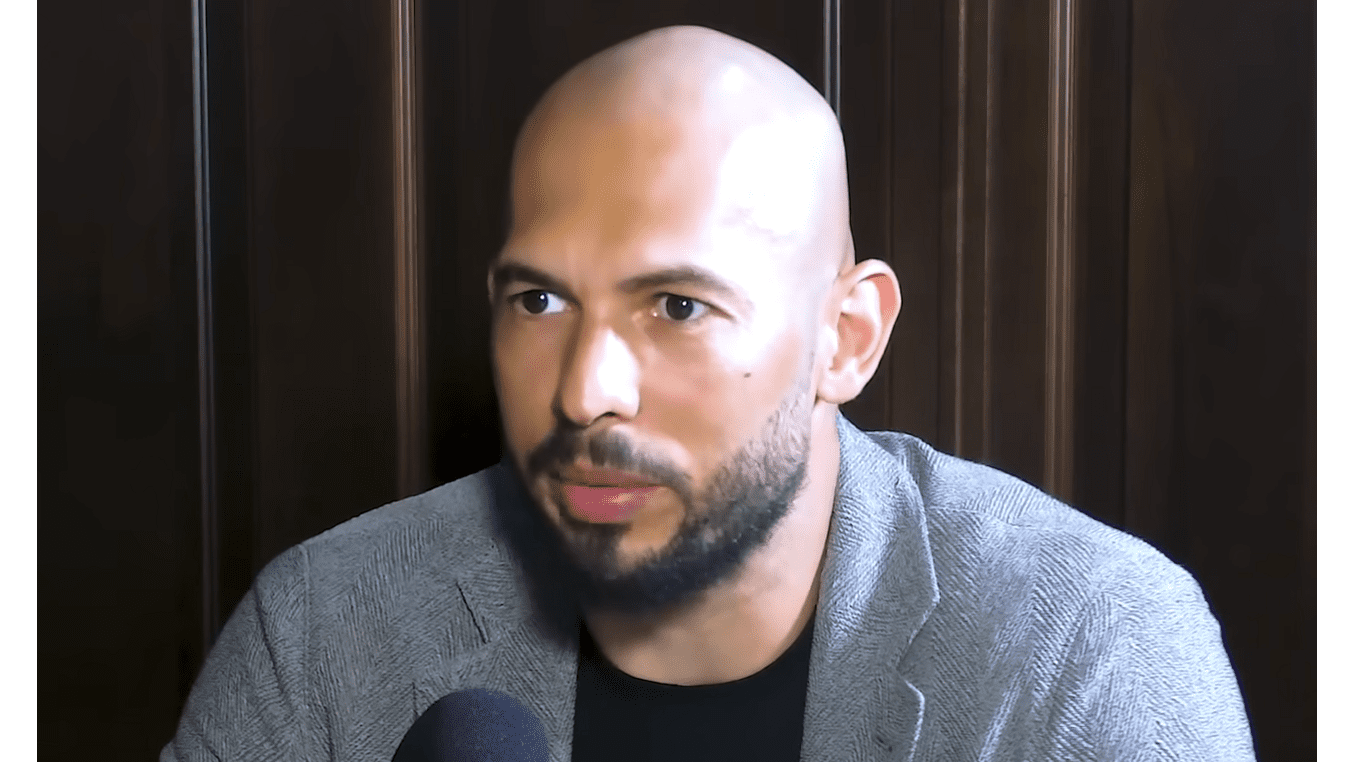
Tate, who is currently being charged with serious crimes in Romania, was most likely impressed by the Hungarian Prime Minister’s conduct in Brussels.
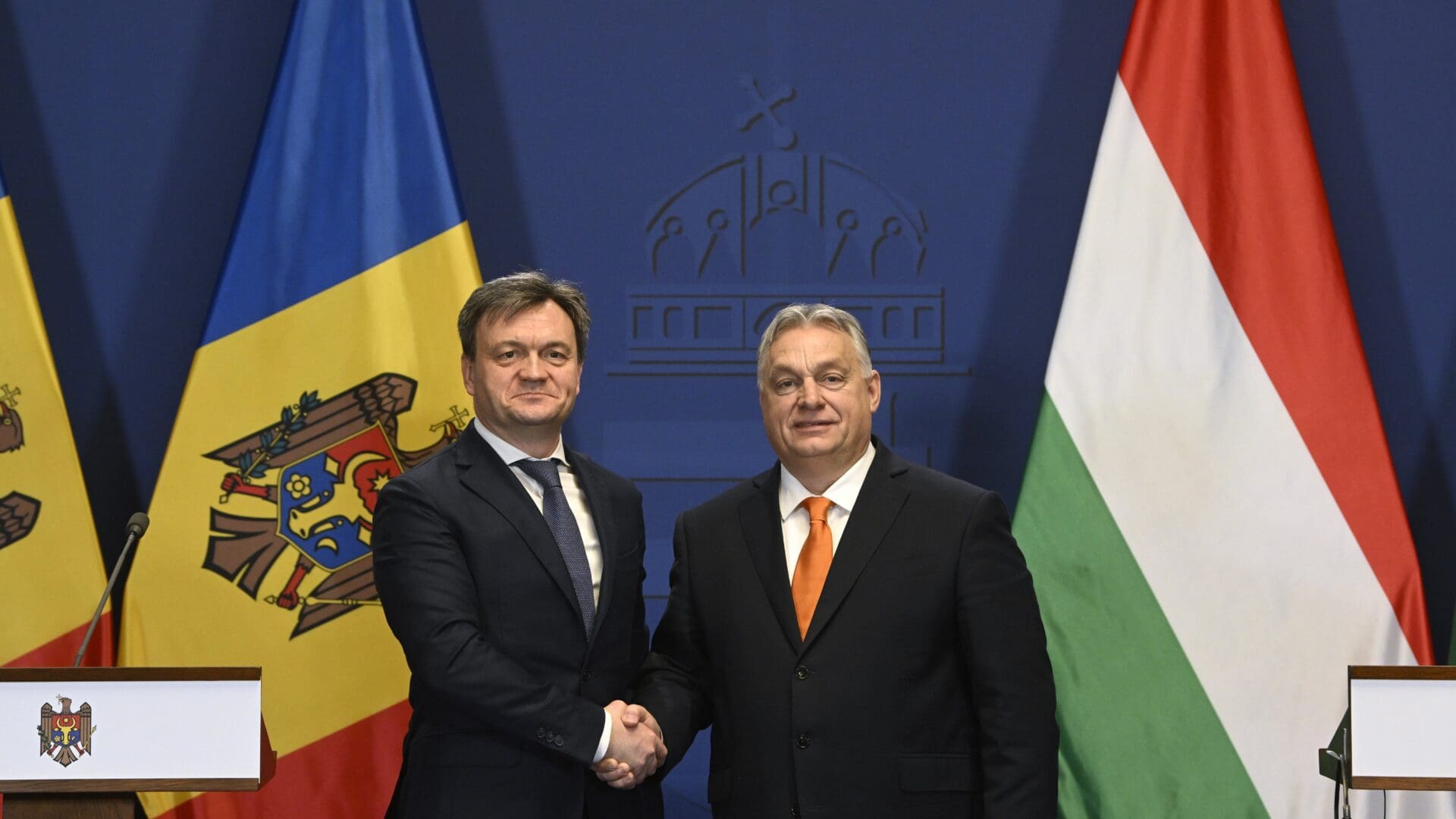
In a joint press statement with the Moldovan Prime Minister, Orbán described the eight years since Moldova signed the Association Agreement with the European Union as ‘offensively long’ and expressed hope that some of the lost time may be regained by speeding up accession negotiations.